Comfrey Kick in the Compost
inchworminjersey
12 years ago
Related Stories

GARDENING GUIDESGet on a Composting Kick (Hello, Free Fertilizer!)
Quit shelling out for pricey substitutes that aren’t even as good. Here’s how to give your soil the best while lightening your trash load
Full Story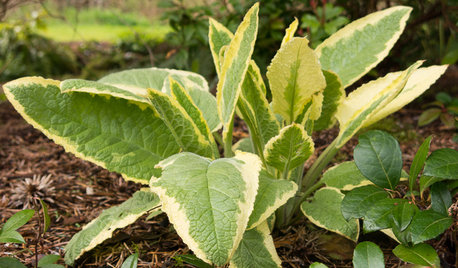
GARDENING GUIDESGreat Design Plant: Axminster Gold Comfrey for Sun or Shade
Plant this perennial for bold color that will light up shady spots, sparkle in the sun and add interest from spring until fall
Full Story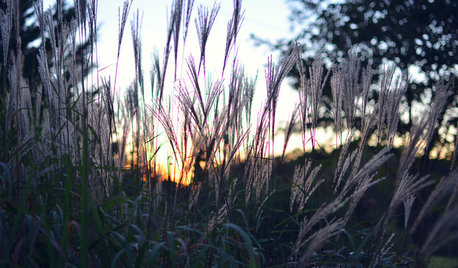
GARDENING GUIDESMid-Atlantic Gardener's November Checklist
Winding down for winter means prepping, potting, piling and picking an indoor solution for daily compost
Full Story0
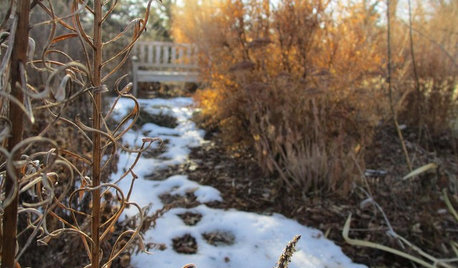
WINTER GARDENING6 Reasons I’m Not Looking Forward to Spring
Not kicking up your heels anticipating rushes of spring color and garden catalogs? You’re not alone
Full Story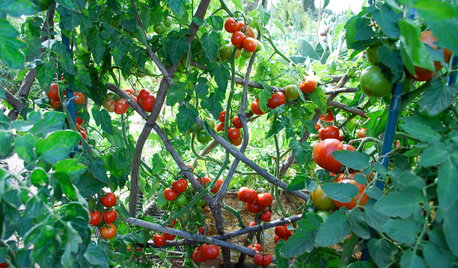
GARDENING GUIDESTexas Gardener's March Checklist
So long, freezing temperatures. It's time to kick off spring planting, lavish attention on lawns and sprinkle seeds to your heart's content
Full Story0
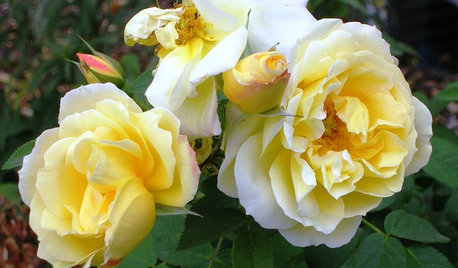
GARDENING GUIDESRocky Mountain Gardener's April Checklist
Kick-start spring planting with an infusion of new colors, textures and edibles in your garden
Full Story0

GARDENING GUIDESThe Poop Scoop: Enrich Your Soil With Good Old Manure
Get over the ick factor already — this natural super-ingredient for soil has so many benefits, you'll wonder why you ever went chemical
Full Story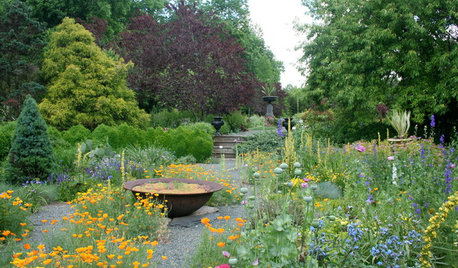
REGIONAL GARDEN GUIDESSoutheast Gardener's February Checklist
Pinch, prune and prepare this month — springtime's riches in the garden will be here before you know it
Full Story
FALL GARDENING5 Ways to Put Fall Leaves to Work in Your Garden
Improve your soil and yard the organic way with a valuable garden booster that grows on trees
Full Story
HOUZZ TOURSMy Houzz: Mobile Microliving in Oregon
A 128-square-foot home for a couple in Portland is designed for simplicity, affordability and beauty
Full Story



jonhughes
inchworminjerseyOriginal Author
Related Professionals
Brentwood Landscape Architects & Landscape Designers · Burlington Landscape Contractors · Middletown Landscape Contractors · Norwood Landscape Contractors · New Berlin Landscape Contractors · Nutley Landscape Contractors · Pompano Beach Landscape Contractors · Tehachapi Landscape Contractors · Wallingford Landscape Contractors · Cave Spring Decks, Patios & Outdoor Enclosures · Albemarle Decks, Patios & Outdoor Enclosures · Arlington Heights Decks, Patios & Outdoor Enclosures · Midlothian Decks, Patios & Outdoor Enclosures · Mobile Decks, Patios & Outdoor Enclosures · South Lyon Decks, Patios & Outdoor Enclosuresfeijoas
Kimmsr
inchworminjerseyOriginal Author
toxcrusadr
inchworminjerseyOriginal Author
toxcrusadr
inchworminjerseyOriginal Author
feijoas
Kimmsr
inchworminjerseyOriginal Author
Lloyd
eryngium
toxcrusadr
annpat
feijoas